‘Fatma’ is a Turkish crime drama thriller with an unlikely protagonist who finds herself in the role of an assassin without ever meaning to become one. Burcu Biricik gives an unnervingly well performance as the mild-mannered protagonist Fatma, who is having a hard time looking for her supposedly missing husband. Along with that, she also has to deal with the death of her son, all while earning a meager living as a cleaning lady. All of this changes when she happens to get her hands on a gun.
An intense character study into the slow transformation of a woman who has reached her limit, the show takes place in everyday surroundings like the mall that Fatma works in and her shabby, little home. However, all these locations start to feel ominous as we see her transform into a killer. If you’re curious about where these scenes were filmed, and what inspired the complex namesake character of ‘Fatma,’ we’ve got a treat for you!
Fatma Filming Locations
The show is predominantly based in the city of Istanbul, where Fatma lives. It features various parts of the city, including markets, buildings, and streets, giving the show a feeling of busy urban life amidst which the protagonist roams, unnoticed. Filming for ‘Fatma’ started around July 2020 and lasted roughly four months, taking place amidst the pandemic. Let’s take a look at the specific filming locations!
Istanbul, Turkey
The busy commercial area around Ethem Efendi Caddesi in Kadikoy is featured repeatedly as the street Fatma crosses on her way to and from her home. Specifically, it features the exterior of a textile shop named Humanizli, which is in fact located on No. 10, Aşir Efendi Caddesi.
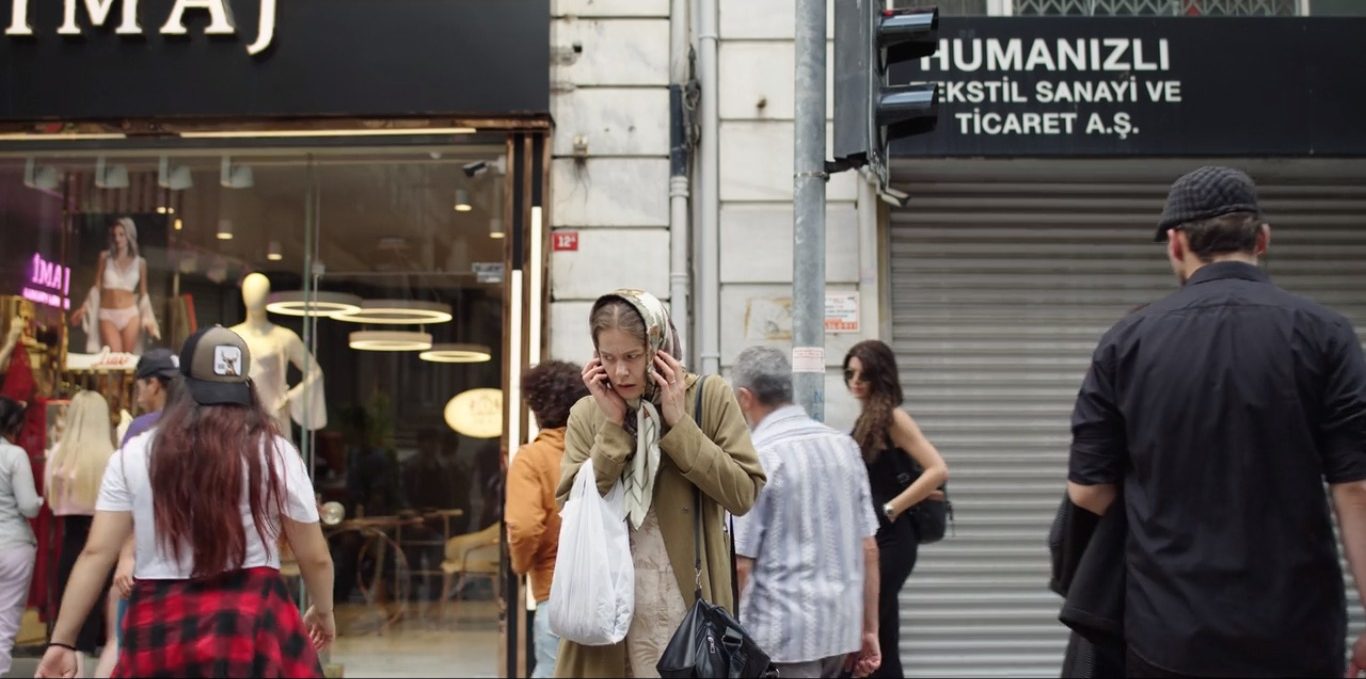
Striking panoramas of Turkey’s Sultanahmet area, which is home to the famed Blue Mosque, are also featured to give audiences a reprieve from the claustrophobic, tension-filled scenes that stitch the story together.
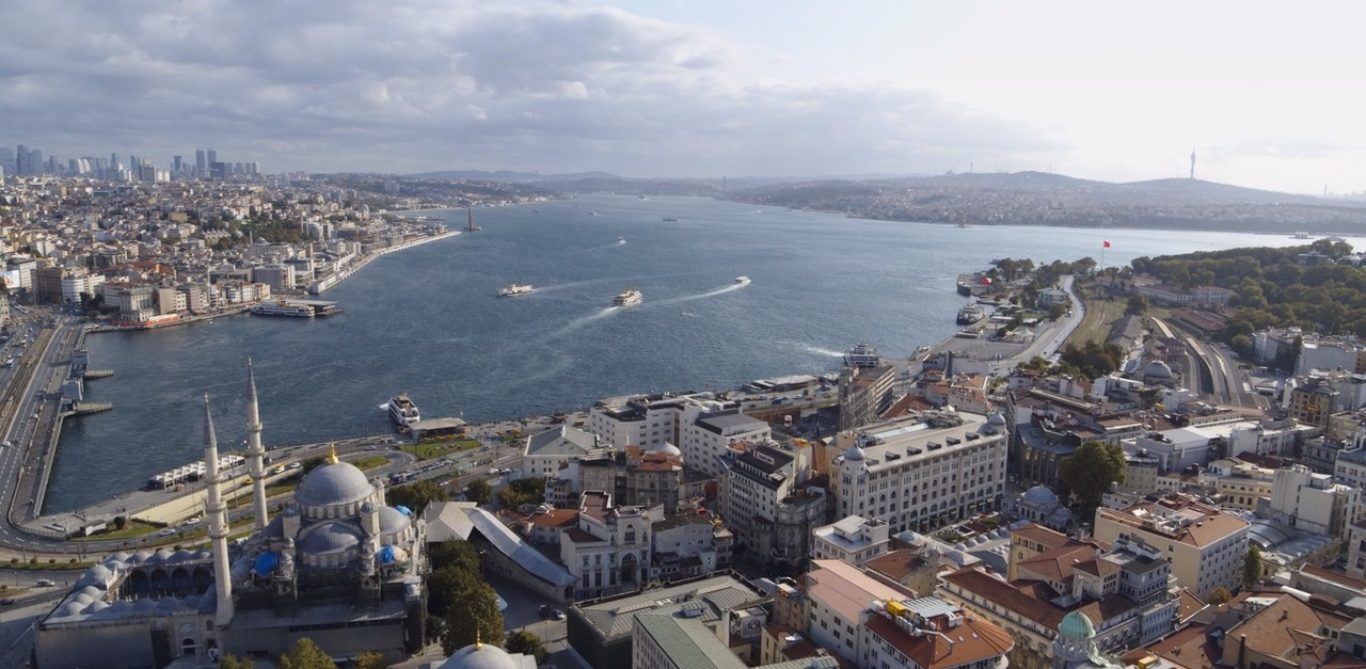
A crucial scene in the climax of the pilot episode of ‘Fatma’ also features Menekse train station in the Florya neighborhood of Bakirkoy, Istanbul. The explosive scene gives audiences a true glimpse of the complexity of Fatma’s character and sets up the rest of the series.
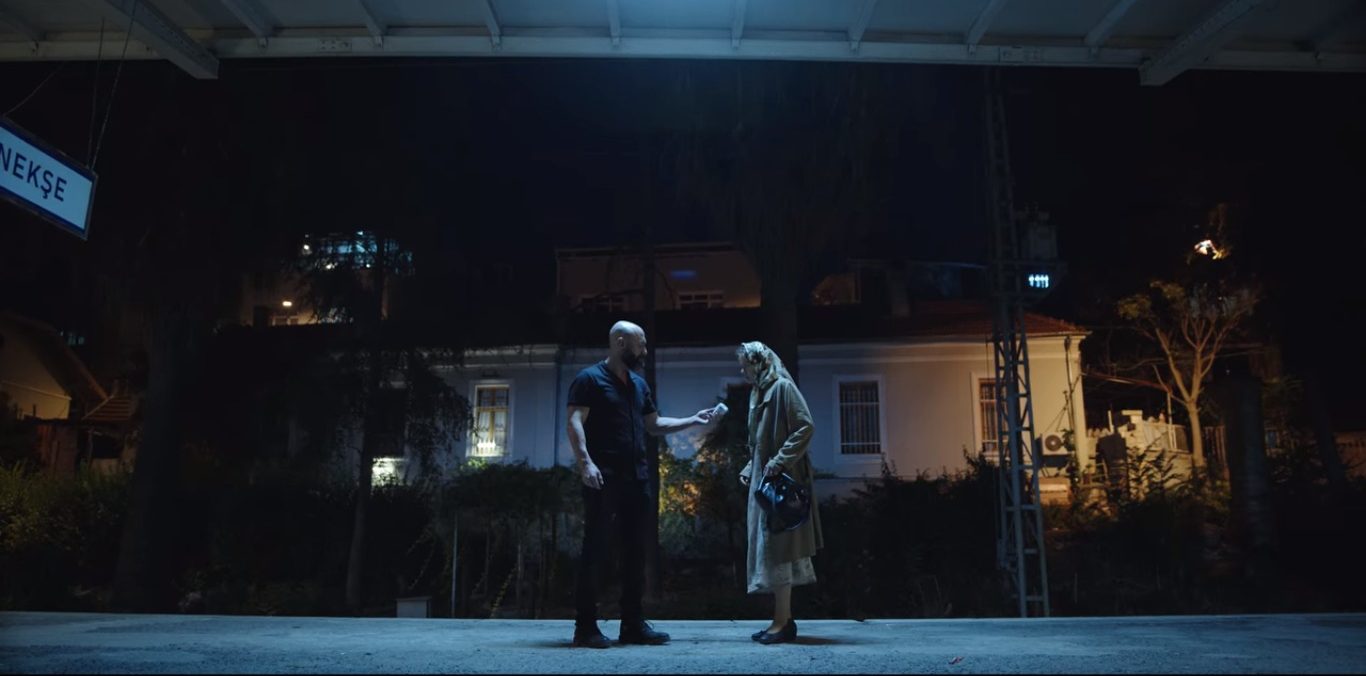
Fatma’s childhood village of Dodurga in Çorum Province in the Black Sea region is also briefly shown in one of the episodes, with scenes featuring the village market where Fatma finally confronts her missing husband, Zafer. These scenes were also filmed on location in Istanbul and feature basic sets constructed to look like a village market.
Is Fatma Based on a True Story?
No, ‘Fatma’ is not based on a true story. The series excels at portraying the life of a seemingly regular, oppressed woman who commits more and more outrageous acts, making her seem like a real person and not just a character. However, the story, as well as the character of Fatma, are the brainchild of the series creator Ozgur Onurme, who came up with ‘Fatma’ while exploring the idea of being unnoticed and invisible in society.
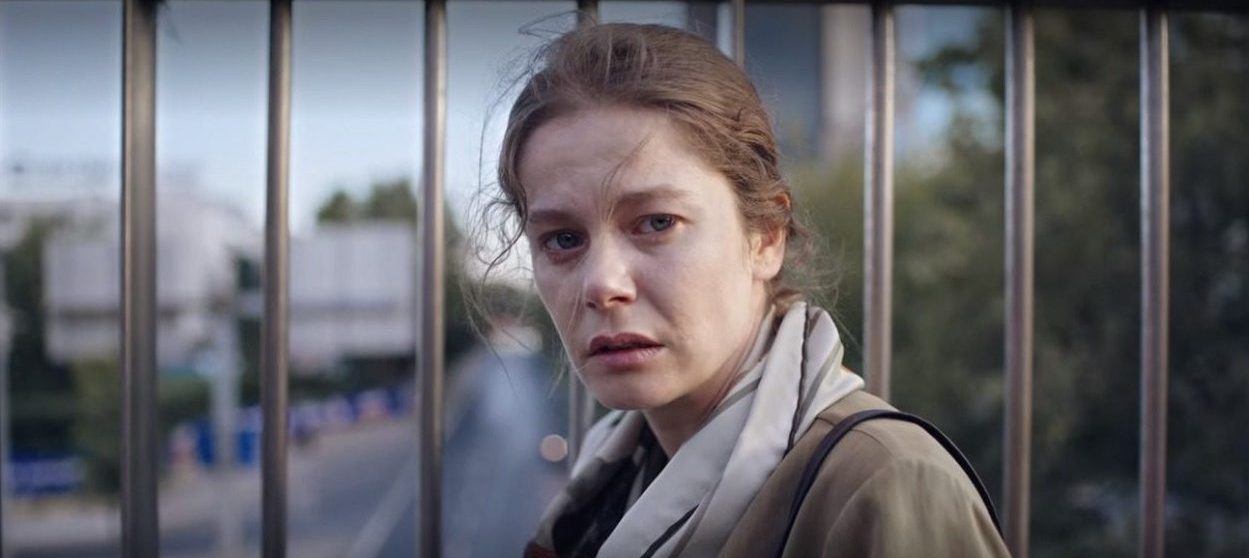
As we see with Fatma’s character, he set out to explore the “ignored” world of a person that society has largely forgotten and pushed to the side. Through Fatma’s eyes, the audience is, therefore, able to see a world of pain and suffering that is otherwise invisible. To further emphasize the concept of being invisible, Ozgur’s protagonist uses her unremarkable existence to hide from society all while lashing out against the patriarchal forces that have suppressed and wronged her all her life.
The powerful and unconventional female lead also points to the show creator’s tackling of issues involving women’s rights. Describing the idea of Fatma being invisible in society as a global phenomenon, Ozgur revealed that one of the major questions that he was trying to explore with the show was regarding how much we are to be blamed for Fatma being invisible. How much of her desperation is a result of the society that pushes her to breaking point?
In the show, we see Fatma relive her most traumatic moments, often at the hands of a male character, while she kills the men that threaten her. Because of her experiences with the men in her life, we see her rage against patriarchy bubble over repeatedly, making each of her killings a passionate (and sometimes cathartic) event.
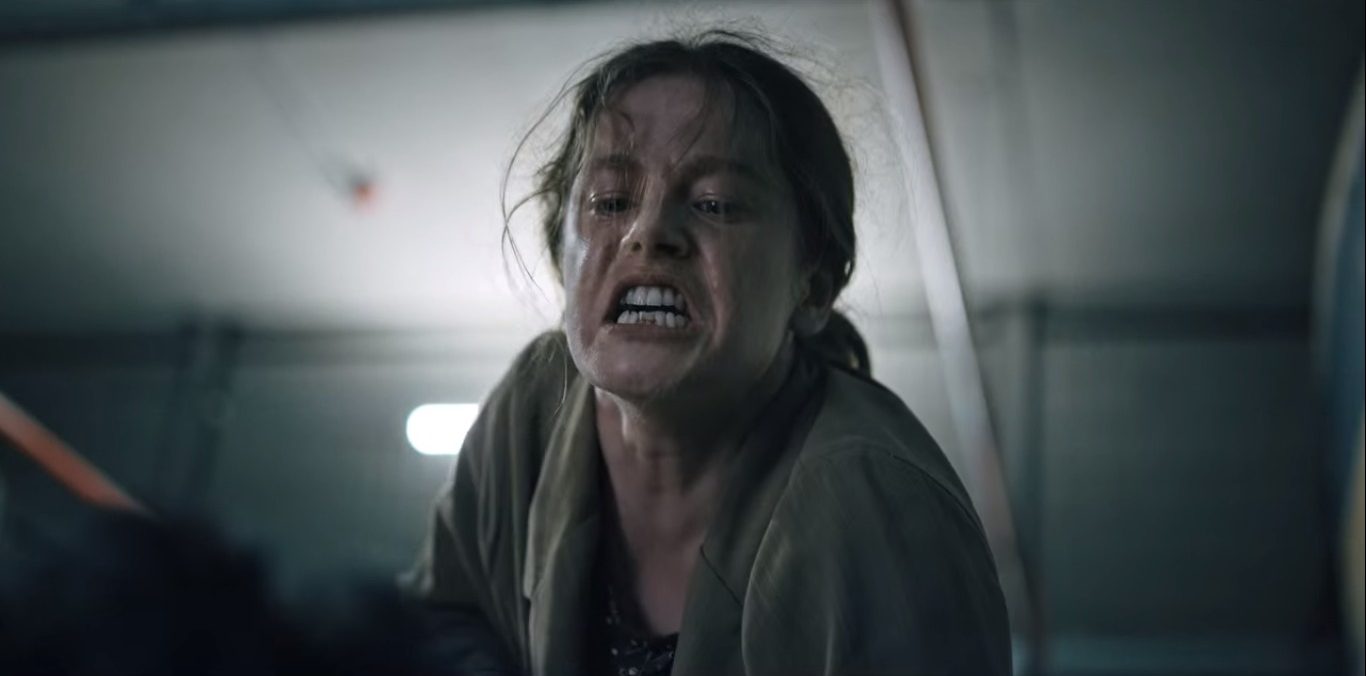
In an interview with Variety, Pelin Distas, the director of original content for Netflix Turkey, said that the show is a metaphor for “how you deal with life as a woman in Turkey.” Hence, the conception of Ozgur’s protagonist, though a fictional one, is deeply steeped in reality and represents the countless women who live their lives suppressed by the patriarchy. Through ‘Fatma,’ he gives name, face, and metaphorical revenge to these women.
Read More: Best Movies With Strong Female Leads

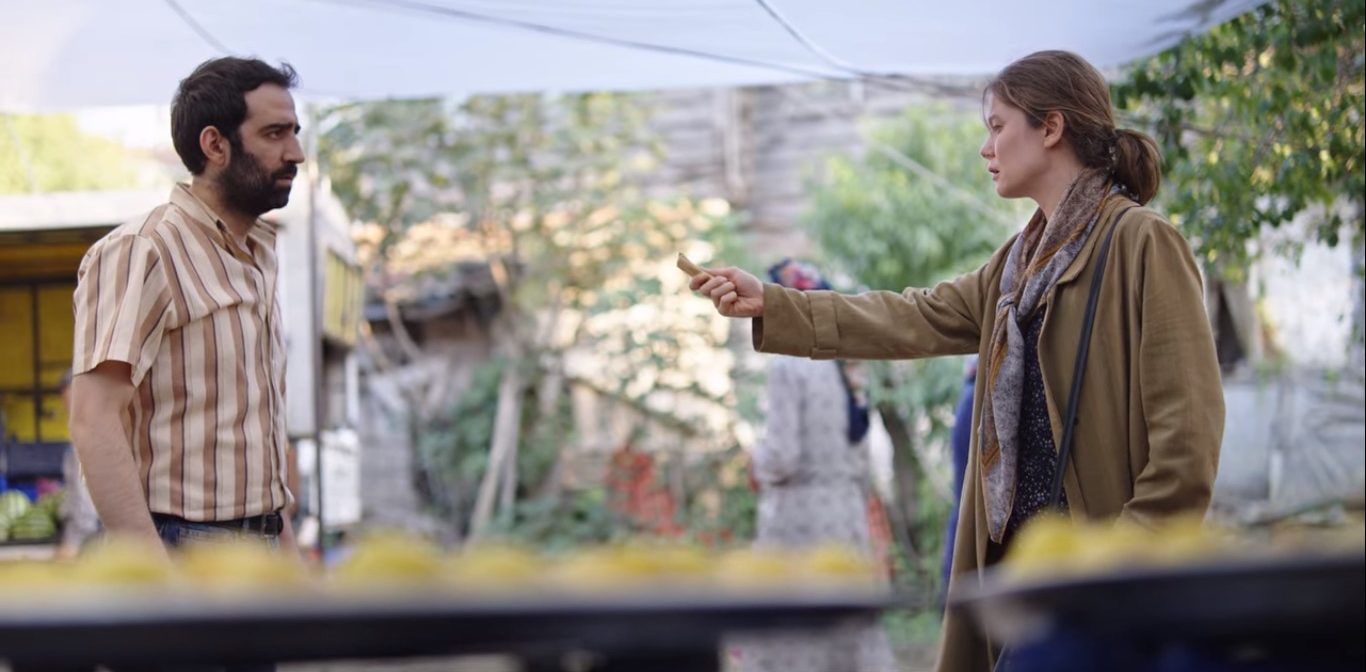
You must be logged in to post a comment.